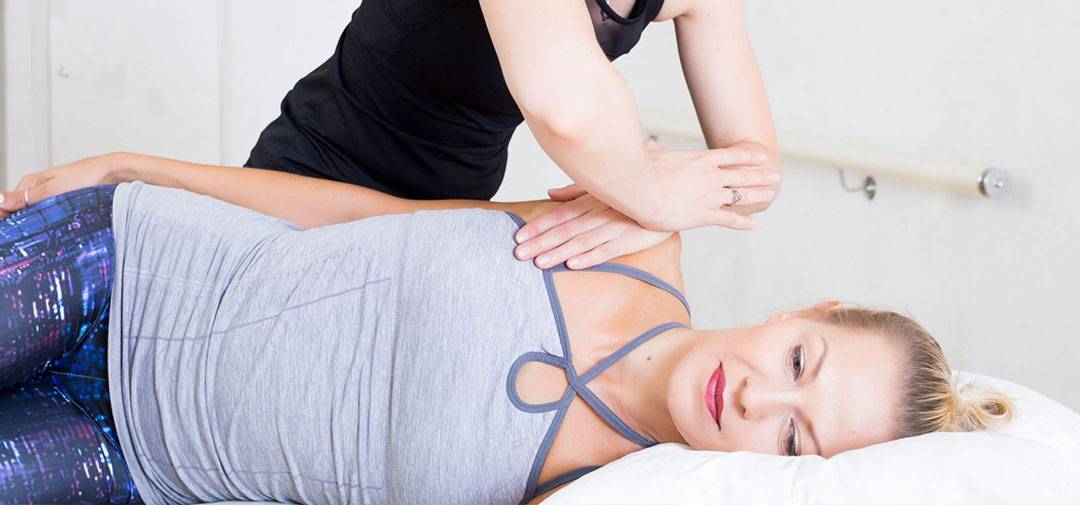Even though surgery affects you internally rather than externally, physiotherapy can help speed up your recovery and reduce the chance of long-term side effects.

Treatment & Procedures
it is estimated that approximately 1 in 10 women will require gynaecological surgery
Even though surgery affects you internally rather than externally, physiotherapy can help speed up your recovery and reduce the chance of long-term side effects. Depending on the type of surgery you’ve had, Anatomy Physiotherapy will provide a tailored programme for you. This will usually involve a series of simple exercises that focus on strengthening the pelvic floor and stomach muscles and restoring mobility to that area.
Suzanne will also provide you with information to aid your recovery, essential guidelines regarding the healing process, rest time, good bladder and bowel habits and answer any questions you may have.
It is estimated that approximately 1 in 10 women will require gynaecological surgery, and of these, up to 30% will have a recurrence of their original problem such as urinary incontinence or a prolapse. Studies show that post-operative physiotherapy advice can significantly improve quality of life and may reduce recurrence rates and other common problems.
Physiotherapy After Breast Cancer
It is estimated that approximately 1 in 10 women will require gynaecological surgery.
Many women with breast cancer undergo some kind of surgery. You may have had one or more of these procedures:
- Breast biopsy
- Lymph node biopsy or removal
- Breast conservation surgery (lumpectomy)
- Mastectomy
- Breast reconstruction
Any of these procedures can affect your shoulder and arm movement or your ability to take a deep breath. This can make day-to-day activities difficult such as dressing, showering or brushing your hair. Neck and shoulder pain and stiffness can cause weakness and lead to further stiffness in the arm and shoulder. Research has shown that restriction of movement in the shoulder can persist 1 year after surgery in almost 25% of patients.
How can physiotherapy help after Breast Cancer?
- Specific exercises can help regain flexibility of the shoulder and arm
- Breathing exercises- will help maintain normal movement of your chest, as well as being helpful for relaxation purposes
- Postural correction / awareness is crucial
- Aerobic Exercise to increase general fitness levels in a safe, gradual way. There is evidence that fitness and weight loss may even help reduce the risk of recurrence for some types of cancer.
At Anatomy Physiotherapy, Suzanne can assess your individual needs and give you a tailored, specific exercise program to address these issues.
It is advised to book in for a post-operative physiotherapy check as soon as you feel up to coming for an appointment.

